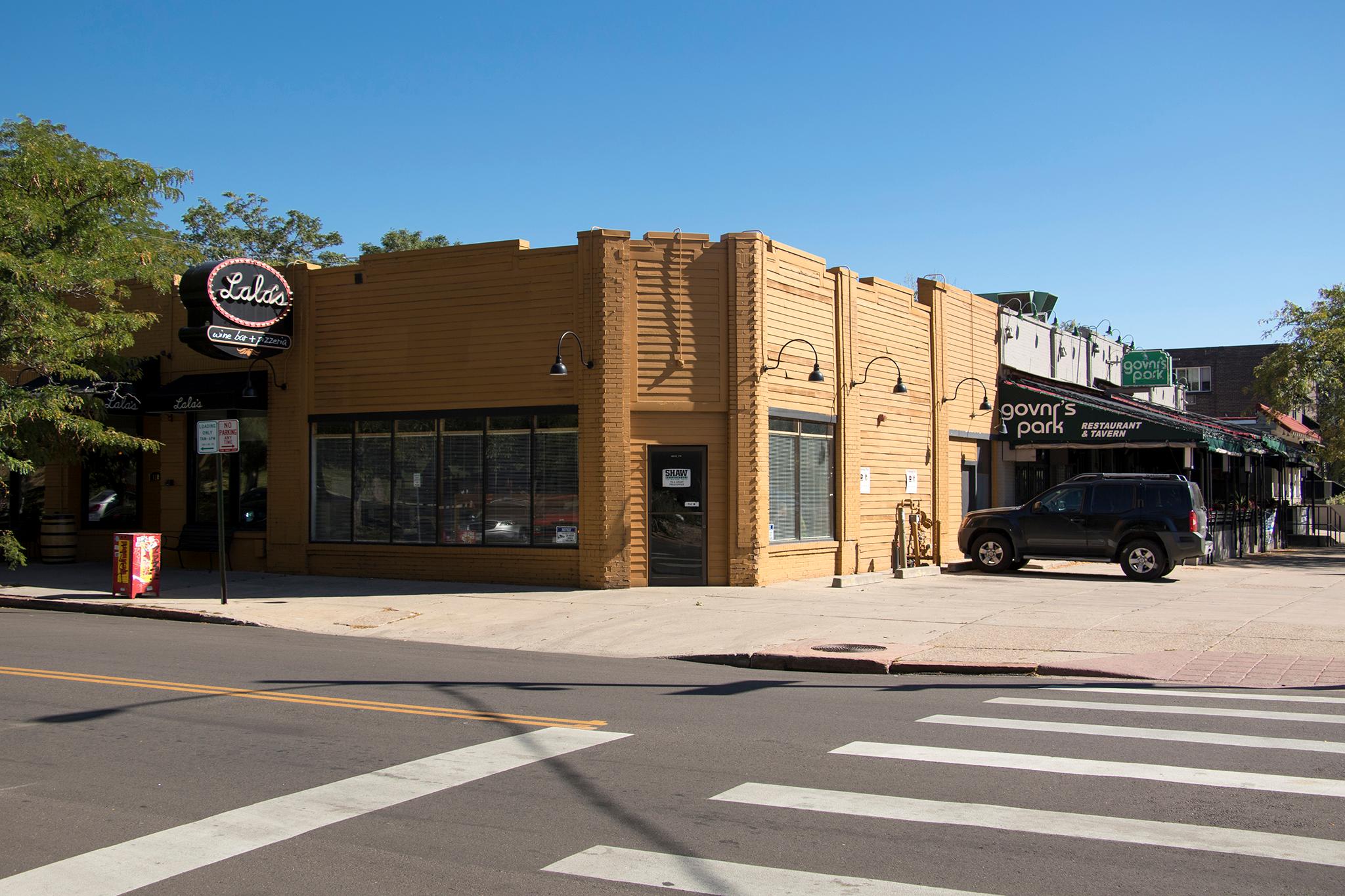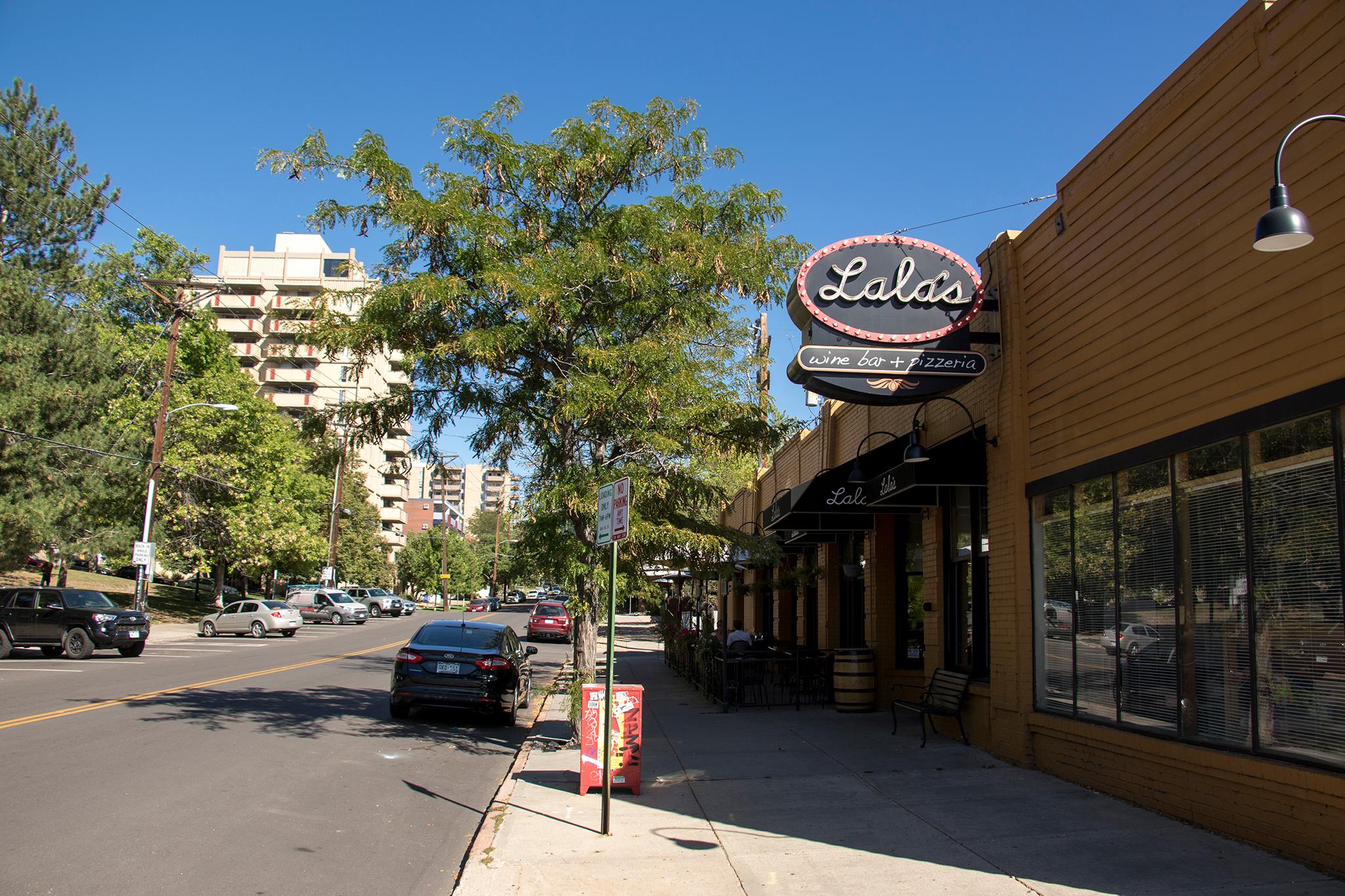When the owners of Govnr's Park Tavern, Lala's Wine Bar, Marlowe's and the Paramount Café announced that all four Denver mainstays would be closed by the end of the year, Denverites wondered why.
They've been around forever, they're popular, they're in high-traffic locations, we think. How could they go out of business?
"First of all, people always think that the restaurants that they go to are busy because they go to those restaurants on Friday and Saturday nights and they forget the times when they drop by for a beer on a Monday at 6:30 and there was nobody in there," said John Imbergamo, owner of the Imbergamo Group and a Denver restaurant industry veteran of 30 years.
"I think the average consumer overestimates the amount of business that a restaurant is doing because they’re almost always in there at prime time. The way restaurants make money is not from 7 o'clock to 9 o'clock, it’s filling up at 5 o'clock and staying busy after 9 o'clock, because that’s where the profits lie."
Carolyn Livingston, communication director for the Colorado Restaurant Association, put it this way:
"People say, 'Oh yeah, I eat there all the time.' Actually, no, they don’t. They used to and now there’s 150 more options for them to choose from. They're eating out more, but not at the same place."
That's the evergreen truth of the matter. Contemporary reasons are tied up in Denver's growth.
As we've reported before, restaurants are having an increasingly difficult time attracting and keeping employees.
Livingston said a search of Colorado restaurant jobs on Indeed recently gave her 15,500 results — but that, she said, is only 5 percent of the total industry.
Imbergamo called it a "feeding frenzy" for employees in Denver and said that even the city's best restaurants aren't fully staffed. Several restaurant owners earlier this year told us it's a struggle to find good workers despite the influx of people moving into the city. And when they do hire, they have to worry about the employees jumping ship for more money elsewhere.
“I have never experienced this in all my time in this industry,” Ron Robinson, owner of 70-year-old north Denver favorite Gaetano’s and another 30-year veteran of the industry, told us in January. “... Sometimes someone will call in Friday night or Saturday night and say, ‘I got another job.’ You don’t budget yourself for extra help. You used to have an interview, bring the person in, eye-to-eye contact, seeing the guy’s not a serial killer. But nowadays, if there’s somebody on the other end breathing, you gotta hire that person.”
As Imbergamo put it, the difference between $15 an hour and $17 an hour is big enough to lure an employee away from one restaurant over to another. If you're going to keep a restaurant sufficiently staffed, your wages have to be pretty competitive.
And there have been a few high-profile examples of this problem lately. When Four Friends Kitchen closed at University and Evans, the owners cited a labor shortage, and Chow Morso delayed its opening because it couldn't find staff, as Westword's Mark Antonation reported.
Then there are the minimum wage increases. (You knew this was coming.)
In 2016, Colorado voters passed Amendment 70, amending the state constitution to raise the state minimum wage from $8.31 to $12 an hour over the course of four years. This year, the minimum wage went from $9.30 to $10.20 an hour, and it will be raised by 90 cents an hour for the next two years.
Outside of a fast food setting, things get can get sticky.
"No one really gives a shit about the non-tipped minimum wage. We’re already paying people above $10.20. It’s really not a big deal. It’s the front of the house minimum wage, the tipped minimum wage, that is incredibly painful," Imbergamo said. "I understand that for one restaurant every 90 cents is $75,000 bucks, it’s a $75,000 hit to the bottom line. If you have a busy restaurant, how much can you raise prices and not lose your guests? That’s kind of the biggest nut to try to crack and everybody’s trying to figure out how to do it."
The problem with tipped minimum wage is that it's unstable. If there's a slow night and front-of-the-house staff don't make minimum wage with tips, the restaurant has to pay out to make up the difference. It's difficult to budget for and can mean trouble if there are too many slow days.
And as Livingston pointed out, restaurants consistently operate on razor-thin profit margins of 3 to 6 percent. There's not much room for error.
(More on the minimum wage problem here.)

It's sad, but this isn't unusual.
Take a look at Westword's restaurant openings and closings blogs, Imbergamo suggested. The ratio hasn't changed and it's not off balance.
"My definition of a restaurant bubble bursting is when those [closed] spaces remain empty. And we have not reached that point. The fact is that damn near every closing has resulted in a new restaurant," he said.
"I don’t think it’s all that exceptional for Denver, to be honest. In the late '80s, this town shut down essentially when oil and gas cratered and the savings and loan crisis hit. This town, restaurant-wise, shut down, and it didn’t recover for some time, especially in fine dining."
What we're experiencing now — with Govnr's Park, Lala's, the Paramount and Marlowe's just the latest in a list of closings that have lately included the Campus Lounge and Wazee Supper Club — is just the sad way things go.
And it's difficult to predict. Space size, for instance, is not as big an indicator as you'd imagine. In the Govnr's Park and Lala's neighborhood, newer small restaurants like Tacos Tequila Whiskey are doing well, but so are some other, bigger restaurants, Livingston said. Racine's is still there. So is Benny's.
"I think it’s just different impacts on different owners," she said. "Premier Ventures obviously had an incredibly successful run and they’re just saying, 'I think it’s time.'" And I get that. But it’s heartbreaking because we love them and change reminds us that we’re getting a little bit older. It’s because we’ve had such a great experience at these neighborhood places that we feel sad when they go."












